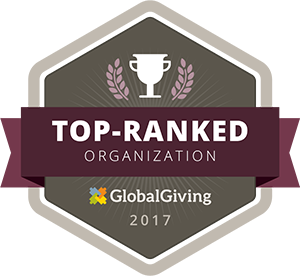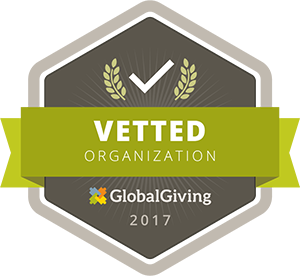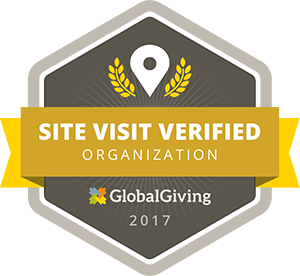Rwanda
Rwanda represents one of the most extraordinary stories of healing and resilience globally, and our women change leaders are at the frontlines of the personal and social transformation enabling their communities to thrive. We have seen that war may ravage the land, but not the spirit and vision of the brave and resilient women who are left to repair the wounds of war on their families and communities. Their journey has been difficult and we celebrate their perseverance.
In 1994, over 800,000 Rwandan citizens were killed within a three-month period in one of the most concentrated acts of genocide in human history. The UN estimates that between 250,000 and 500,000 women were sexually assaulted , many by known-HIV infected men. According to Amnesty International, 67 percent of these women, most left widowed by the conflict, contracted HIV. Post-conflict, women are often left alone as widows to assume the traditional roles of men in rebuilding their lives, while taking care of their own children and even the orphans of their neighbors. Focused on daily survival, they are frequently unable to attend to their own emotional and physical rehabilitation needs.
Individuals who experience or witness traumatic events, especially war, genocide and sexual violence, very often undergo deep psychological stress, otherwise known in Western psychology as post-traumatic stress disorder. This can include an entire spectrum of symptoms including repression, denial, self-doubt, inability to plan for the future, hyper-arousal, intrusion, dissociation, insomnia, nightmares, startle responses, amnesia, reliving experiences, suicidal tendencies, alterations in affect regulation, isolation, self-blame, disconnection, distrust and numbing, among others.
Five years after the genocide, a study conducted by AVEGA, PROFEMME, and the Canadian Cooperation showed that 81 percent of women interviewed showed signs of psychological trauma. In a presentation made during the 2010 International Symposium on the Genocide Perpetrated Against Tutsi, a representative from the Ministry of Health reported that 80 percent of Rwandese experienced trauma during the genocide. At the same symposium, Dr. Vincent Sezibera reported that currently, 16 years after the genocide, 28.5 percent of Rwandese present with symptoms of PTSD and over 50 percent also present with depression as a comorbid disorder.
At the end of the genocide, the government estimated women made up nearly 70 percent of the population, left to assume the traditional roles of men in heading households and rebuilding lives. As the primary caretakers of their communities, women have the greatest insight into priority issues facing women and their underlying root causes. Unfortunately, they often have the least representation globally and the least access locally to the education and resources needed to address these challenges directly. While micro finance exists for poor women, it rarely provides the level of funding necessary to tackle systemic social issues such as domestic violence, rape, illiteracy, or the sexual exploitation of women in exchange for basic needs. Further, such sizable start-up debt would strain and distract these early stage social ventures from their social purposes. For an emerging change agent at the earliest stages of developing their ideas, especially among under served women in post-conflict Africa, there are almost no opportunities to obtain the training and support necessary to launch their grassroots social ventures. Global Grassroots is filling a unique niche by helping women help themselves. Through investment in trauma-healing, mindful leadership, non-profit management skills and assistance with the launch of new civil society organizations, Global Grassroots is catalyzing a culture of conscious change that has the potential for changing systematically the way in which communities creatively and sustainably solve the social issues they face.
Learn more about the priority issues Global Grassroots' graduates are addressing through their self-designed ventures: water issues, sexual violence, domestic violence, sexual exploitation, illiteracy, rights, and other.
Global Grassroots
1950 Lafayette Road
Suite 200, Box 1
Portsmouth, NH 03801 USA
Tel (+1) 603.787.5759
info@globalgrassroots.org
© 2023 Global Grassroots 501(c)(3) Non-Profit








Contact Us